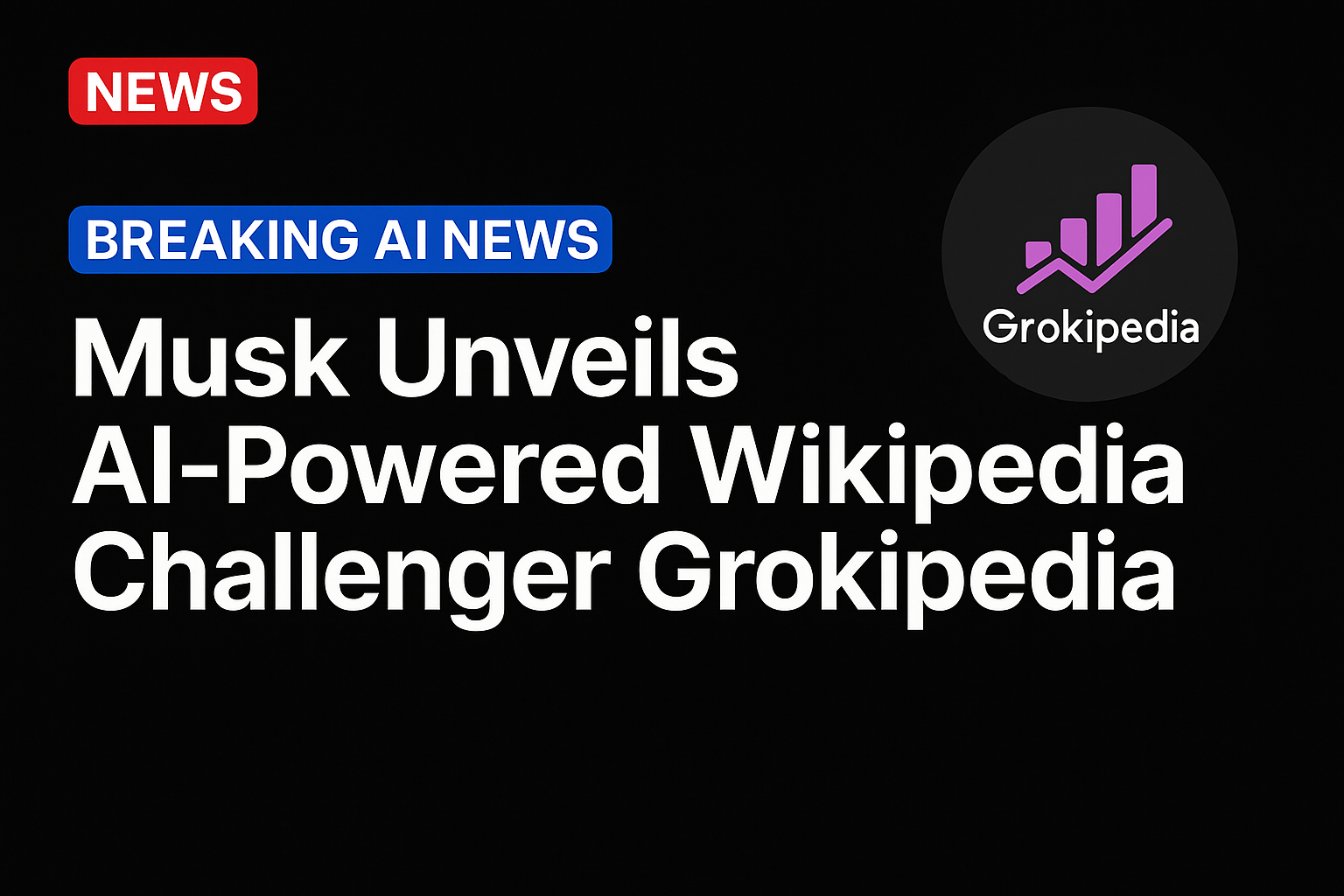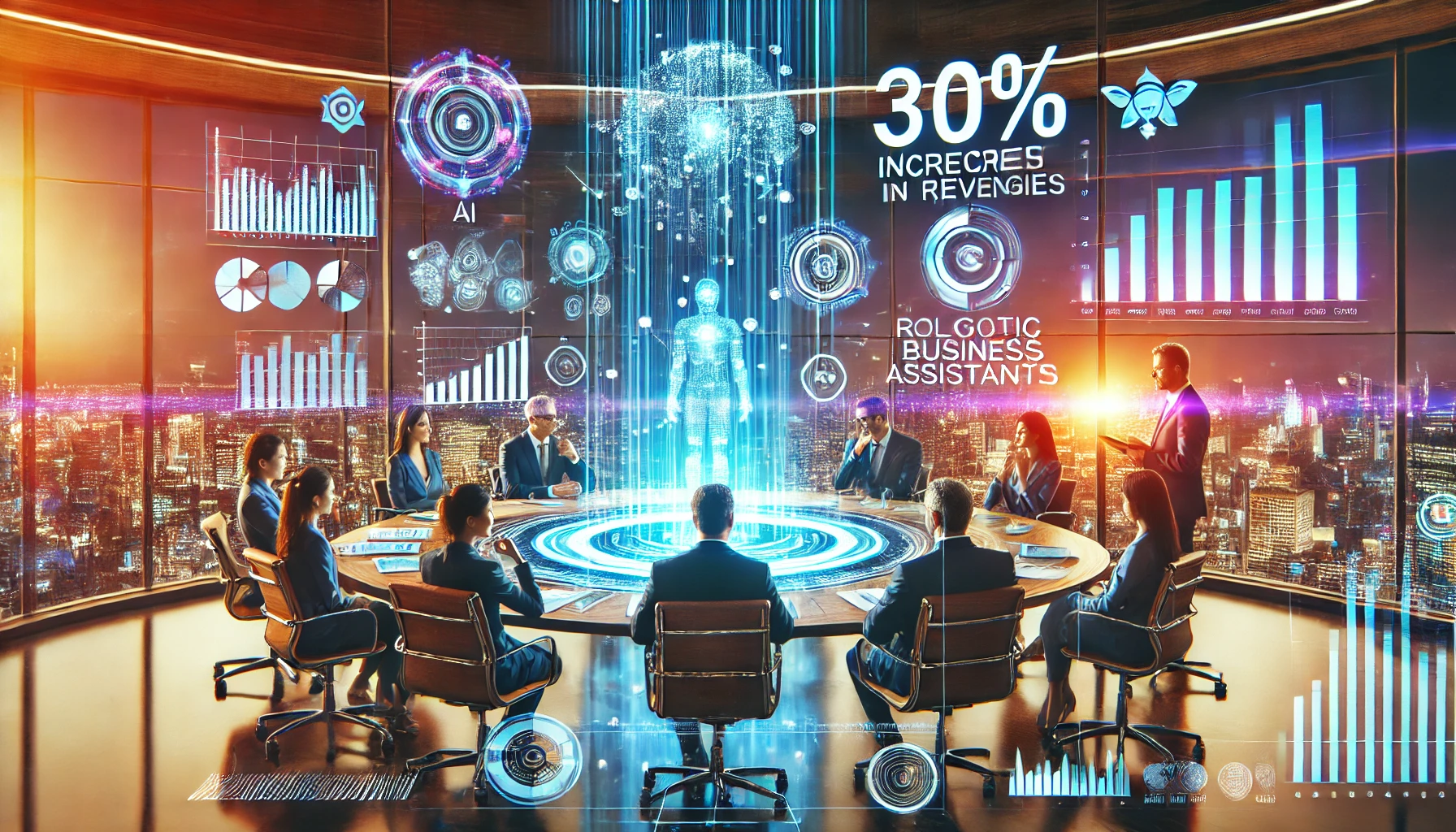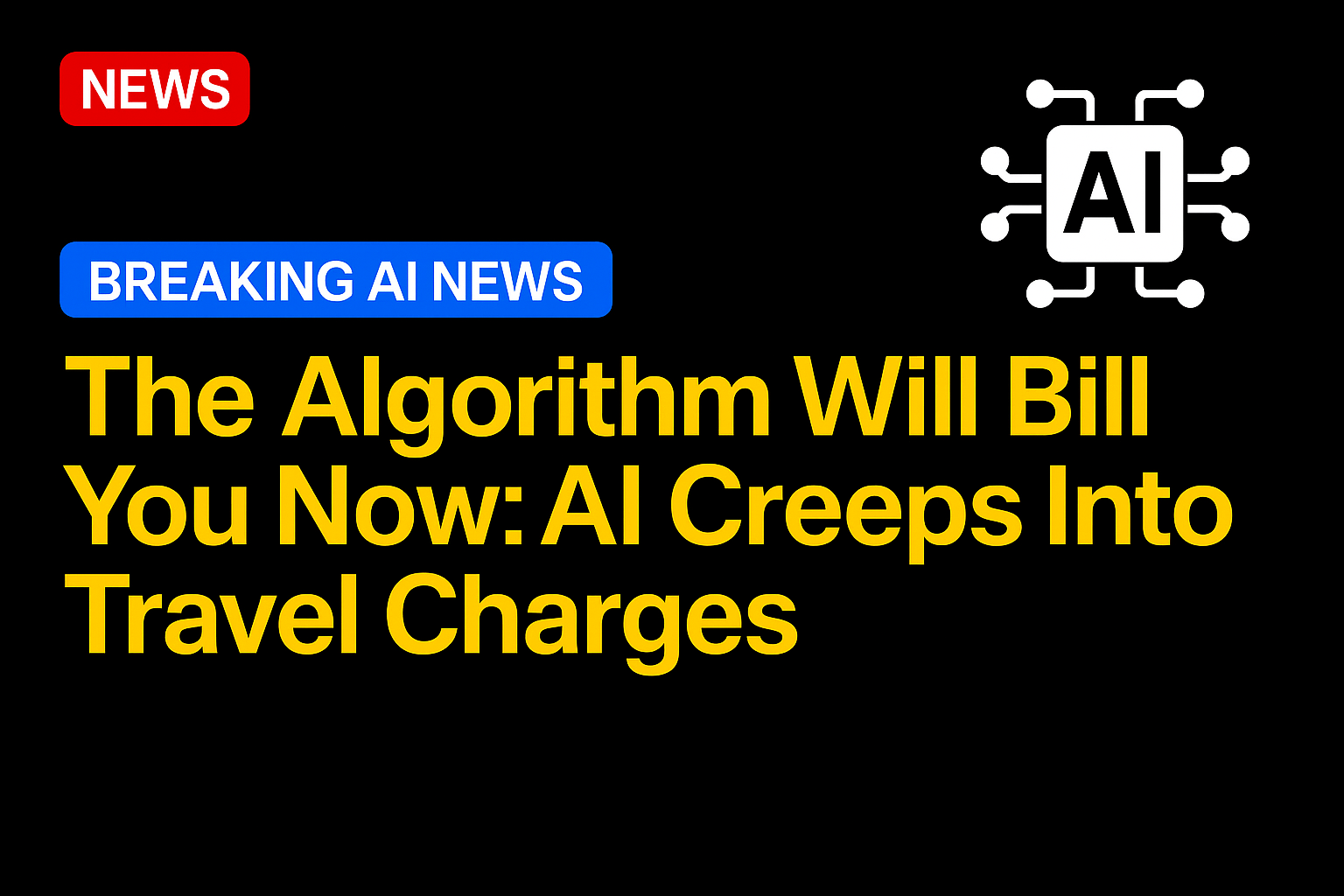
Elon Musk has launched Grokipedia, an artificial intelligence (AI)-powered version of Wikipedia.
The online encyclopedia, which launched Monday (Oct. 27), is designed to “purge out” what Musk called “the propaganda” on Wikipedia, according to a post on his X social media site. It takes its name from Grok, the AI chatbot behind Musk’s xAI startup.
The tech tycoon had previously attacked Wikipedia as “woke” and criticized it for citing media outlets like The New York Times and NPR as sources in many of its articles.
Grokipedia had 885,279 AI-written entries as of early Tuesday (Oct. 28) morning, compared to the more than 7 million English language human-created entries on Wikipedia. (Factor in other languages and that number tops 22 million.)
Musk had announced plans for the project on X late last month, saying it would be “a massive improvement over Wikipedia.”
“Frankly, it is a necessary step towards the xAI goal of understanding the Universe,” he wrote.
At launch, Wikipedia appears to be the starting point for many Grokipedia entries, with a message at the bottom saying the content “is adapted from Wikipedia, licensed under Creative Commons Attribution-ShareAlike 4.0 License.”
A report by the New York Times notes that visits to Wikipedia by human users have dropped 8% this year, while visits from AI scrapers have risen. AI summaries provided by search engines and chatbots are also keeping people from using Wikipedia, the report said.
“People will take information they get from these tools at face value, and that information may or may not be correct,” Selena Deckelmann, the chief technology officer of the Wikimedia Foundation, told the Times. “The value Wikipedia has provided for over a decade is that it lets people dig into the sources.”
In other AI news, PYMNTS wrote last week about a recent survey from researchers from AI Impacts and the universities of Oxford and Bonn showing a sharp shift in how experts view the timeline for advanced artificial intelligence. Researchers gave a 50% probability that systems that could perform all tasks better and more cheaply than humans would be feasible by 2047, 13 years earlier than what experts had projected in 2022.
“In practical terms, participants thought that within the decade, leading AI labs could produce systems capable of autonomously fine-tuning large language models, building complex online services like payment-processing websites, or writing songs indistinguishable from those of hit artists,” PYMNTS wrote.
“Yet, despite optimism about capabilities, full automation of all occupations was not expected until 2116, highlighting a long lag between technical feasibility and societal transformation.”
Source: https://www.pymnts.com/




